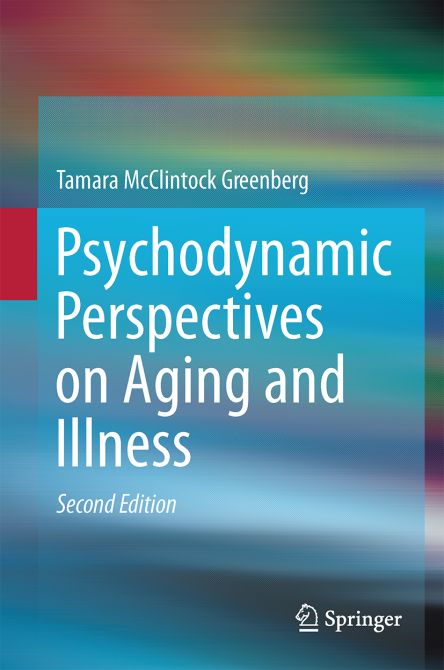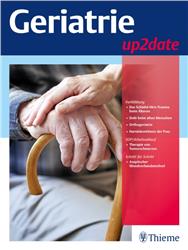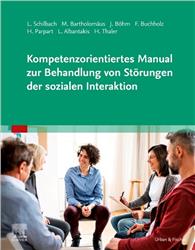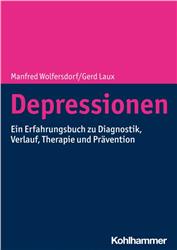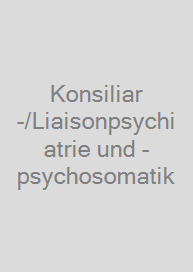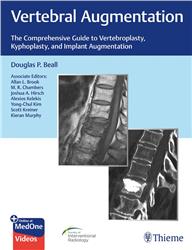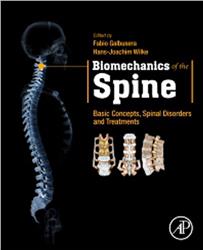Psychodynamic Perspectives on Aging and Illness
| Auflage | 2/E 2016 |
| Seiten | 252 pp. |
| Verlag | Springer |
| ISBN | 9783319242873 |
| Artikel-Nr. | 615321 |
Lieferzeit ca. 5 Werktage
Produktbeschreibung
This timely update of the bedrock text reflects what we now know - and are still finding out - about the benefits of psychodynamic psychotherapy for older adults facing chronic conditions. Expanding on the original, the author balances the physical and experiential factors affecting patients’ physical illnesses and related emotional distress while situating core psychodynamic constructs in the context of illness and aging. Special attention is paid to technique, giving therapists practical guidance on dealing with transference and countertransference issues, working with patients in cognitive decline, and navigating complexities of age, class, and culture. The book also reviews the current evidence on how and why psychodynamic therapy helps medical patients with coping, adapting, and healing.
Included in the coverage:
- Technology, idealization, and unconscious dynamics in the culture of medicine.
- Narcissistic aspects of aging and illness.
- Grey areas: when illness may be particularly impacted by psychological variables.
- Cognitive changes and implications for the therapeutic encounter.
- The influence of psychological factors and relationships on medical illness.
- Hope and grief: the introduction of an emotional language.
The Second Edition of Psychodynamic Perspectives
on Aging and Illness skillfully follows its predecessor as a powerful, plain-spoken mentor to therapists working in hospitals, long-term care facilities, and outpatient practice.
Included in the coverage:
- Technology, idealization, and unconscious dynamics in the culture of medicine.
- Narcissistic aspects of aging and illness.
- Grey areas: when illness may be particularly impacted by psychological variables.
- Cognitive changes and implications for the therapeutic encounter.
- The influence of psychological factors and relationships on medical illness.
- Hope and grief: the introduction of an emotional language.
The Second Edition of Psychodynamic Perspectives
on Aging and Illness skillfully follows its predecessor as a powerful, plain-spoken mentor to therapists working in hospitals, long-term care facilities, and outpatient practice.
Fachzeitschriften

Bleiben Sie informiert!
Melden Sie sich für den frohberg.de-Newsletter an und nutzen Sie jetzt Ihre Vorteil:- Willkommens-Dankeschön: Beatmungsmaske Rescue Me
- Aktuelle Neuerscheinungen und Empfehlungen
- Exklusive Angebote und Kongress-Highlights
